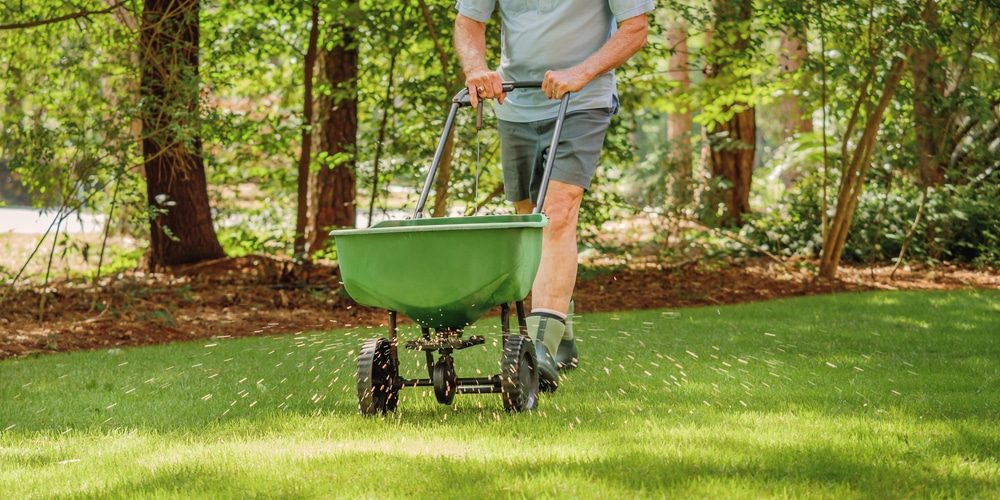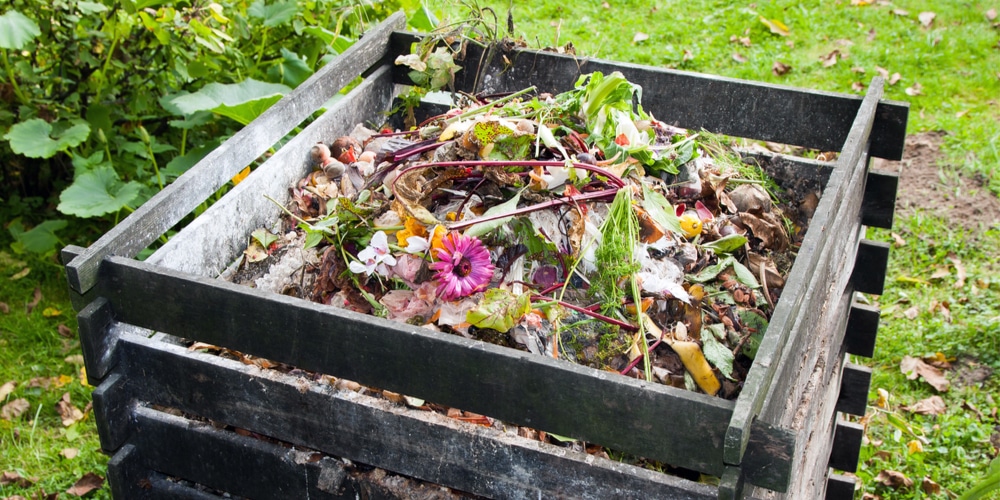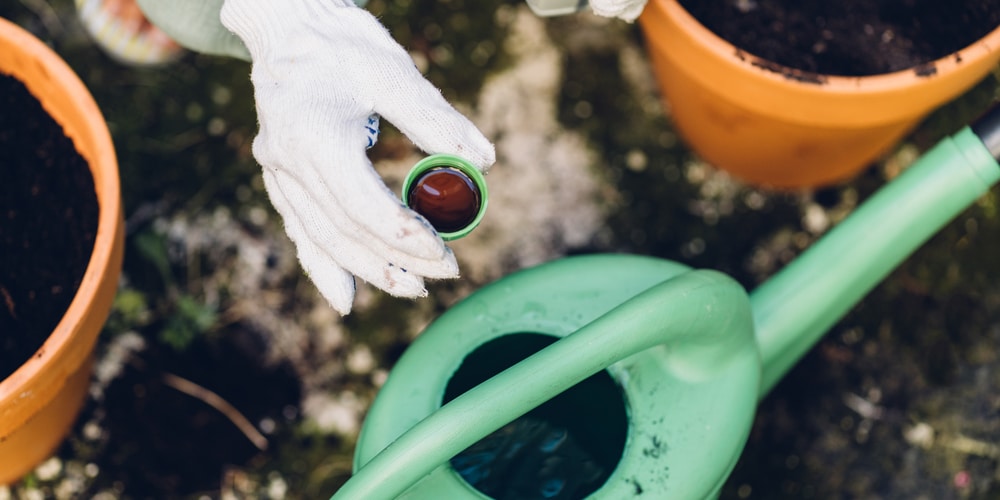You might have a bag of fertilizer lying around the shed or garage for quite some time and are wondering if you could still use it.
Expiry dates will usually dictate if you could, but then the label has long since faded or has been scratched off. It looks fine, but at this point, you could be wondering, does fertilizer go bad?
The short answer to this is no, fertilizer does not go bad. However, it might depend on the type of fertilizer (there are several) and how well you stored it.
Why Don’t Fertilizers Expire?
Going into it deeper, fertilizers will and do expire but only after a lengthy period of time. Think 10 years for dry ones and about 7 years for liquid ones.
Most fertilizers are made up of three basic components- nitrogen, phosphorus, and potassium. These are elements and in their base form, they have a longer shelf life than most.
The term ‘go bad’ can mean a different way since they’re fertilizers. In this case, you could be wondering if applying them to your plants could mean they won’t be as effective as they were when you bought them. The good news is that nitrogen, phosphorus, and potassium will continue to do their job even if years have passed, and your plants will still love them after all that time.
Contaminants, additional ingredients, and storage conditions will affect how long you can use fertilizer for.
Types of Fertilizers and Their Shelf Lives
In general, the types of garden and lawn fertilizer are dry granular, dry crystallized, liquid organic, liquid mineral-based, and compost.
Compost, dry crystallized, and dry granular boast the longest shelf life- they last indefinitely as long as you put them in the right place.
Compost
Compost is largely made up of organic matter, and you’d think that it would go bad sooner than most. The curious thing about it is that compost doesn’t lose its potency over time- your plants will still benefit from the nutrients contained within. However, as natural matter breaks down the volume decreases, especially when the environment is warm and humid.
A wet pile could mean that moisture has gotten to it. It could also be imbalanced or there’s a lack of air circulation.
Liquid Fertilizer
Liquid fertilizers bought in most home and garden improvement shops will most likely have an expiration date that’s put on the label. If you’re wondering, ‘can I still use my liquid fertilizer?’ you can simply check the best before date and act accordingly.
Liquid fertilizer can either be organic liquid or mineral. In this case, organic tends to expire sooner than mineral-based plant food, which could stay in your shed for around 8 to 10 years.
As a reminder, it’s best to check the expiration date on the fertilizer product you’re buying regardless of type.
Dry Fertilizer
Dry fertilizers, like the granular and synthetic ones, tend to stay effective as long as you keep them in their original state.
They’re mostly made of three components- potassium, phosphorus and nitrogen, all of which do not expire.
The only exception to the rule is when they’re mixed with additional ingredients such as feed, insecticides, or herbicides. If this is the case, you’ll want to check how long you have until the whole bag or packet expires.
Generally, dry fertilizer stays potent and can be used as long as it’s stored right. They have a shelf life of near-infinity as long as you preserve their original state.
How To Tell If The Fertilizer Is Bad
Fertilizer with organic material such as fish might expire sooner than say, granular or liquid synthetic fertilizer.
If moisture or water gets into the dry granular material, then it could warp, clump together or take on a different shape or form.
If you’re still hesitant or on the fence on whether you should use your fertilizer or not, there are a few signs that could help.
Are There Signs of Mold?
Mold can appear on the fertilizer itself or the packaging. If you see white or whitish-green fuzzy material on any of the surfaces then it’s recommended that you not use it for your plants or lawn.
Is It Bug-Infested?
Bugs can transfer from fertilizer material to your plants, and this can mean bad news. You’ll have to deal with an infestation if left unchecked, and it’s not worth the trouble.
Open the bag and check for the presence of bugs. If there are only a few then it might still be okay to use. However, if there’s a lot at first glance or while pouring then it’s recommended that you just throw it out.
Has It Changed Color?
Color changes usually happen if the fertilizer is exposed to the elements, such as the sun, wind or rain.
If it’s been exposed for a long time and hasn’t been properly stored then the fertilizer may lose its potency and it will be a waste of effort to apply them to your lawn or plants.
Is There An Odd Smell?
Open the bag or bottle and take a whiff. Dry and synthetic fertilizer should have a clean and non-odorous smell; the same goes for liquid chemical products.
Fish-based liquid fertilizers tend to smell bad, and organic compost will do the same over time. Check the expiration date on these items to see if you can still use them in your garden.
Has The Texture Changed?
Change of texture or form is easy to spot in dry granular fertilizers. If it’s somewhat clumped together but still retains its original texture then you could probably still use it.
For synthetic and chemical ones, you should check and see if the gases have been released in the bottle. If it’s bulging then it may be better to just throw it out and buy a new one.
What If The Fertilizer is Unopened?
Unopened fertilizers that have been stored are still probably good to use, as long as the packaging or the bottle isn’t compromised or damaged by the elements. Make sure to check the expiration date, if there’s any.
Related:



